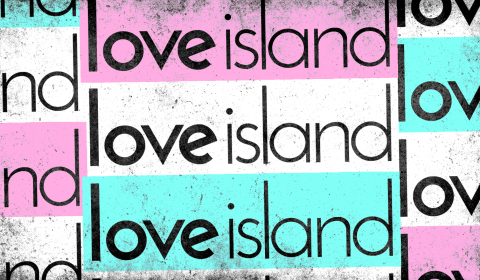The singer’s latest Instagram post has garnered a mixed response, one which highlights our dangerous hyper fixation on sexuality.
Billie Eilish made headlines last month when a Variety Magazine interview stated she was attracted to both men and women.
The news came as no surprise to Eilish’s legion of fans. Many of them, along with the mainstream media, have speculated about the singer’s sexuality for years.
But last week Eilish slammed Variety after a reporter approached her at the Hitmakers Awards over the weekend.
The singer was asked on camera if she had meant to come out in the November Variety interview. While she remained upbeat during the interaction, her Instagram post a few hours later told a different story.
View this post on Instagram
Thanks Variety for my award and also outing me on a red carpet at 11am instead of talking to me about anything else that matters,’ she wrote.
‘I like boys and girls leave me alone about it please literally who cares.’
While the post received supportive comments from many of Eilish’s fans, some have called the singer out for her use of ‘outing’ language, suggesting that she initially shared her sexual preferences of her own accord.
‘It’s not really fair to say “outed […]”. You had a conversation with a gay interviewer about the cover story where you came out. She was doing her job,’ said one Instagram user.
Other’s criticised Eilish in a similar vain.
When asked about the Variety interview on the red carpet, Billie told the reporter that she ‘didn’t realise people didn’t know’.
‘I saw the article and was like ‘Oh, I guess I came out today’. But it’s exciting to me… it’s cool that they know.’
View this post on Instagram




















